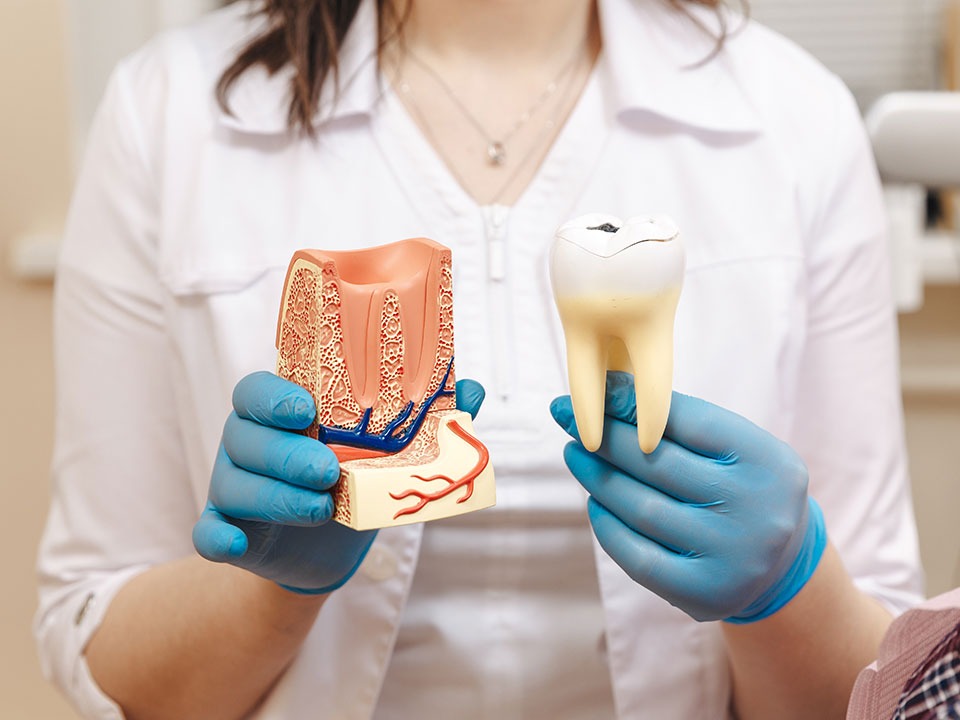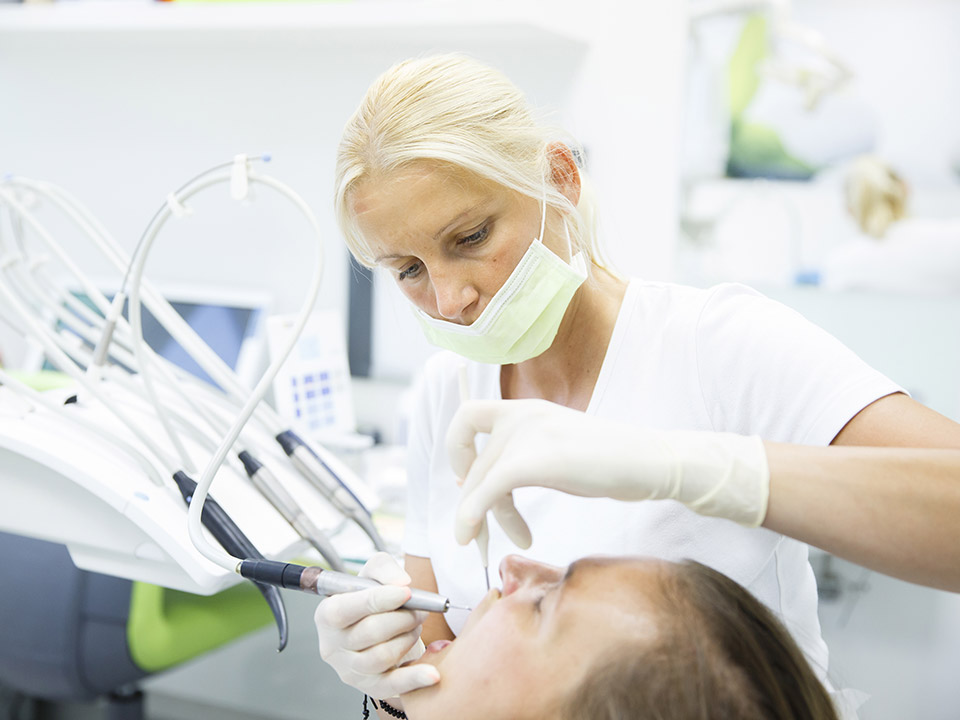Most people associate the winter months with snow, Christmas, and thanksgiving. There is a lot of holiday spirit, and you will find yourself on a holiday-like venture where you break your diet and eat a little more.
This is all part of the holiday vibe, so don’t be hard on yourself; you should enjoy it. However, it also means that you need to be keen on taking care of your teeth. You will have access to more sweet foods and treats from Halloween to Christmas.
This will expose your mouth to more sugar than it is used to. Without proper care, you could end up with cavities or gum diseases. Therefore, you should take precautions to ensure you do not damage your teeth.
Similarly, winter means lower temperatures, putting most people at risk of developing a cold, fever, or cough. These have adverse effects on your dental health. Plus, the cold could trigger cold sores and sensitivity.
Therefore, taking care of your teeth in winter is a must-do as you enjoy the holidays. The information below details some tips to follow when taking care of your teeth during the cold months.
By following these tips, you will successfully avoid dental problems and look forward to the next year with a healthy, dazzling smile.
How To Avoid Dental Problems In The Winter
1. Drink lots of water.
Drinking water during the winter months should be a consistent part of your everyday routine. Drink water as often as you can to stay hydrated. Most people get dehydrated during the winter months since they lose fluids without feeling thirsty. It can lead to dry mouth, bad breath, and tooth decay. Therefore, drink plenty of water to flush away bacteria and sugar and promote saliva production for a healthy smile.
2. Adjust your brushing and flossing routine.
You should adjust your brushing and flossing routine during the winter, especially if you have tooth sensitivity. Your teeth will be more sensitive because of the cold. Therefore, you need to be gentler in your brushing technique. Similarly, brush twice a day, especially before bed. This ensures you don’t sleep with food particles in your mouth. And always ensure to maintain a gap of half an hour between your meal and brushing to avoid damaging your enamel.
3. Buy a soft bristle toothbrush.
If you suffer from tooth sensitivity that worsens during the winter months, ensure that you buy a new toothbrush with soft bristles. Soft bristles are lighter on your teeth and make you feel more comfortable as you brush. In addition, soft bristles do not damage the teeth by eroding the enamel. This is a problem with stiff bristles plus brushing with too much pressure.
4. Get a fluoride mouthwash.
After eating a few sugary treats, you will realize how sticky and ‘coated’ your teeth will feel. Brushing and flossing can get rid of this feeling. You should also use mouthwash to keep your teeth healthy and free from the sticky feeling. Get a fluoride-infused mouthwash to nourish your enamel for stronger and more resistant teeth.
5. Wash your hands frequently.
Catching a cold or fever is as easy as frequently touching your face. It is why the CDC advised against contact during the COVID-19 outbreak. Similarly, you can catch a cold or develop a cold sore from contact since the hands pick up a lot of germs. Since you do it unconsciously, strive to keep your hands clean instead. This guarantees minimal contact with germs.
6. Breath through your nose.
Do you find yourself inhaling through the mouth? If you have sensitive teeth, you will struggle during the winter.
You directly expose your teeth to cold air as you inhale through the mouth. This will make your teeth chatter in response, and this stress erodes the enamel. Plus, you will feel pain and discomfort due to sensitivity. You need to, instead, practice breathing through the nose.
7. Go for warm beverages.
When you feel cold during the winter months, you may shiver, causing your teeth to chatter. Chattering can lead to small cracks on the teeth and stress on the enamel. This can trigger tooth decay after exposure to sugar. You should avoid this by drinking something warm, especially before going outside. Similarly, ensure you dress warmly, primarily covering your ears, hands, and chest.
8. Avoid sugar as often as you can.
Sugar is the number cause of cavities, and the winter months will have you eating and drinking sugary treats. It is easy to indulge in these treats, from Christmas cookies to lots of hot chocolate. However, overindulgence without proper oral hygiene is consequential. Therefore, choose to indulge safely by avoiding some of the treats and limiting the sugar you ingest.
9. Use a mouth guard outside.
Sometimes, you may fail to predict how cold it is outside. Thus, you will leave the house with a few layers triggering shivering, which leads to teeth chattering. This is bad for your dental health, so we recommend wearing a mouthguard when you go outside. It ensures you don’t cause any fractures on your teeth if you shiver. Additionally, it protects your teeth from impact if you play sports.
10. Consider investing in a scarf.
Experts also insist on wearing a scarf during the winter months. The scarf will keep your neck and lower jaw warm. This prevents teeth from chattering due to cold; thus, you won’t have to worry about cracks and stress on the enamel. You can also use the scarf to cover your mouth if necessary. Or you could wear a face mask to cover your mouth, especially if you breathe through the mouth.
11. Use lip balm.
Lips tend to get dry during the winter months. You are losing fluid but won’t feel thirsty and thus will not drink water. Most people are severely dehydrated during the winter months but can tell. The lips crack and develop sores when dry; therefore, invest in a moisturizing lip balm to keep them plump and crack-free.
12. Schedule a dental check-up.
And finally, at the start of the New Year, ensure you make a dental appointment. The dentist will access your teeth and offer tips for keeping them strong. Additionally, the dentist can access and cure any symptoms you have developed.







